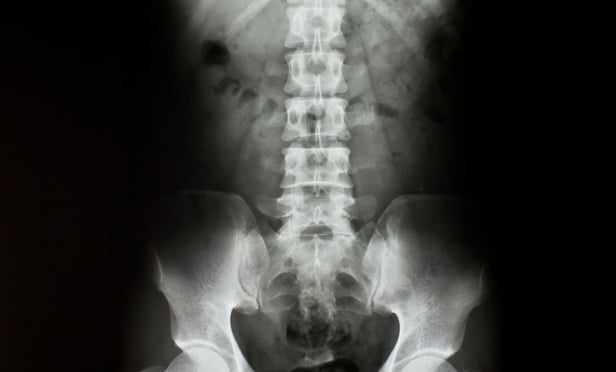Suits against radiologists have become ubiquitous in our society. Because these claims frequently involve delays in the diagnosis and treatment of progressive diseases such as cancer, the potential monetary exposure tends to be high. In general, there are four reasons why radiologists get sued: errors in perception (not appreciating an abnormality), errors in interpretation (calling a finding benign when it is malignant), failure to suggest the next appropriate step or procedure, and failure to communicate to the patient or clinician in a timely and appropriate manner. It is the first of these types of claims, the errors in perception, which forms the basis for the vast majority of radiology claims. Coincidentally, such claims are susceptible to a pernicious and insidious form of bias on the part of plaintiff’s expert as well as the jury.
In these types of cases, the focus of the inquiry is typically on whether a radiologist is necessarily liable for failing to appreciate an abnormal finding that is present on an imaging study. While it would seem that the question of whether an abnormal finding is “present” would be a straightforward one, for a variety of reasons, which will be discussed further below, often it is not. The determination of whether an abnormality is present may be a function of the context in which the study is being interpreted. The standard to which a radiologist is held, in these types of cases, is whether an abnormal finding would have been appreciated by another radiologist in similar circumstances.
This content has been archived. It is available through our partners, LexisNexis® and Bloomberg Law.
To view this content, please continue to their sites.
Not a Lexis Subscriber?
Subscribe Now
Not a Bloomberg Law Subscriber?
Subscribe Now
LexisNexis® and Bloomberg Law are third party online distributors of the broad collection of current and archived versions of ALM's legal news publications. LexisNexis® and Bloomberg Law customers are able to access and use ALM's content, including content from the National Law Journal, The American Lawyer, Legaltech News, The New York Law Journal, and Corporate Counsel, as well as other sources of legal information.
For questions call 1-877-256-2472 or contact us at [email protected]



